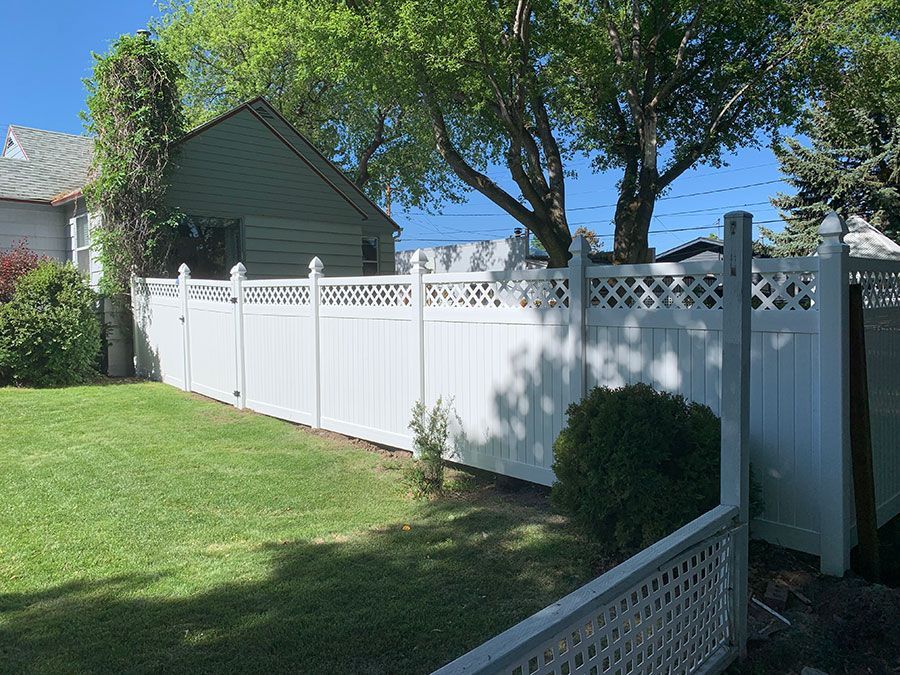Maintaining your fence doesn't always require a professional. With the right tools and a bit of know-how, you can handle many common issues yourself and save money. Here's how you can tackle basic fence care like a pro!
Tools You Need for Basic Fence Upkeep
Before diving into fence maintenance, make sure you have the right tools on hand. Here's a list of essentials for most DIY fence care projects:
- Hammer – Ideal for fixing loose nails or damaged boards
- Screwdriver – Perfect for adjusting screws in both wood and metal fences
- Post Level – Ensures your fence posts stay perfectly vertical
- Paint or Stain – Helps protect wood from the elements and extend its lifespan
- Wire Cutters – Wire cutters are great for trimming wire fences or removing tangled vines.
Step-by-Step Guide for Common Issues
Repairing a Loose Board
A loose or broken board is an easy fix with the right tools. Here’s a step-by-step guide to help you repair it:
- Remove any loose nails or screws using a hammer or screwdriver.
- Align the board with the fence and secure it with new screws or nails.
- If needed, reinforce the board with a corner bracket or additional support.
Sealing and Staining Wooden Fences
Sealing and staining your wooden fence is crucial for protection against the elements and preserving its appearance:
- Begin with a thorough cleaning, ensuring you remove all dirt, debris, and mildew.
- Choose a suitable stain or sealant for outdoor use.
- Evenly apply the stain with a brush or sprayer, working from top to bottom.
- Let the stain dry fully before using the fence again.
How to Know When to Call in a Pro
Not every fence issue can be fixed with a DIY approach. While minor repairs like tightening screws or replacing boards are manageable, more complex problems may require a professional's expertise:
- Extensive structural damage, such as leaning posts or a sagging fence.
- Electric fences or high-security fences require specialized knowledge and should be handled by experts.
- When weather damage compromises the fence’s structure, it’s best to get professional assistance.
If you're unsure whether your repair is beyond your skill level, it's always better to call a pro. It can save you time, money, and potential frustration in the long run.
